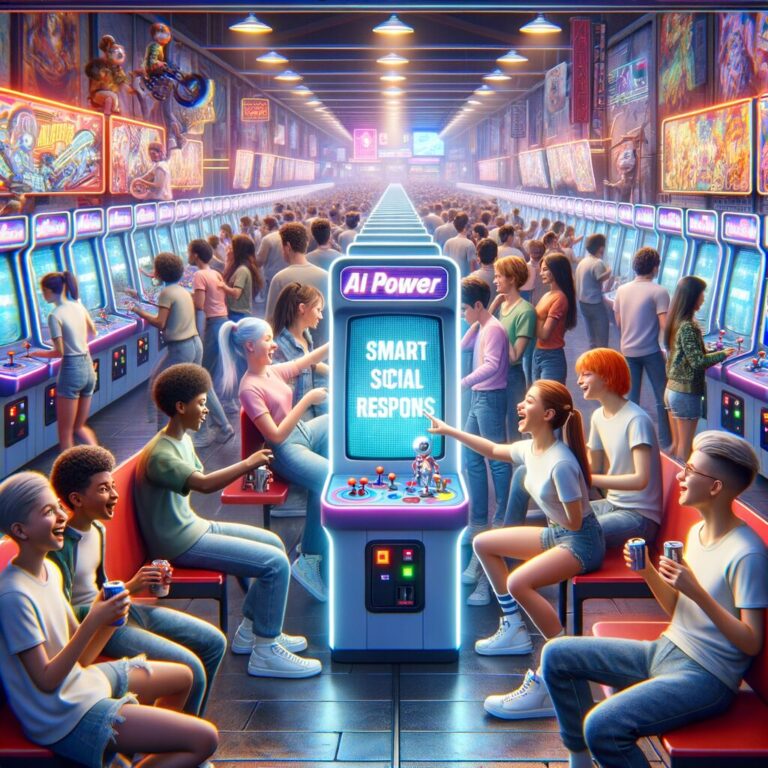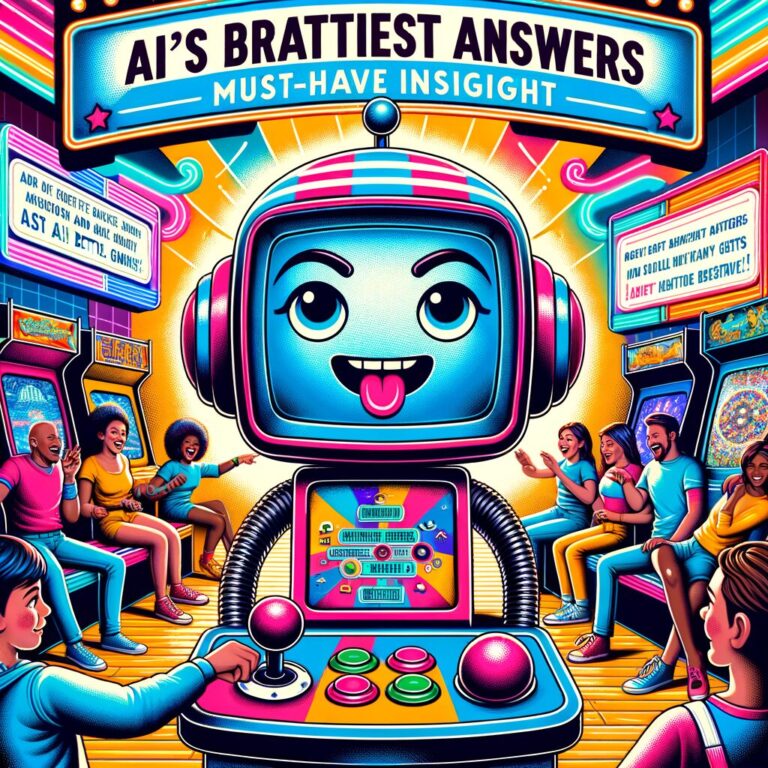Artificial Intelligence (AI) has undoubtedly revolutionized various aspects of our lives, from powering virtual assistants to enhancing healthcare diagnostics. However, one area where AI is now venturing into is the realm of standardized testing. The SAT, a crucial examination widely used for college admissions in the United States, is now facing the ultimate challenge – being taken by AI. This development raises intriguing questions about the capabilities of AI, its implications for education, and the future of standardized testing.
AI and the SAT: A New Frontier
With the rise of AI technology, it was only a matter of time before it would be put to the test – quite literally. The SAT, a test designed to evaluate students’ readiness for college, consists of sections covering reading, writing and language, and math. The complexity of the test, which assesses critical thinking skills and problem-solving abilities, makes it an ideal candidate for measuring AI capabilities in a high-stakes environment.
How Does AI Take the SAT?
Taking the SAT is not a walk in the park for humans, let alone for artificial intelligence. AI systems have to be equipped with advanced natural language processing algorithms, mathematical reasoning abilities, and the capacity to understand complex texts. These systems are trained on vast amounts of data, including past SAT questions, to develop the skills necessary to excel on the test.
The Advantages of AI in Test Taking
AI brings several advantages to the table when it comes to standardized testing. One of the key benefits is the ability of AI systems to process and analyze vast amounts of information quickly and accurately. This can lead to more efficient grading processes, reduced bias in evaluation, and potentially even personalized test questions tailored to individual students’ abilities.
The Impact on Education and Test Prep
The integration of AI in standardized testing has far-reaching implications for education and test preparation. Educators and test prep companies are now exploring how AI can be used to enhance learning experiences, provide personalized feedback to students, and develop adaptive learning platforms that cater to individual strengths and weaknesses. This shift towards AI-driven education opens up new possibilities for improving student outcomes and increasing accessibility to high-quality learning resources.
The Future of Standardized Testing
As AI continues to advance, the future of standardized testing may undergo significant changes. Traditional paper-and-pencil tests could eventually be replaced by computerized adaptive tests that adjust difficulty based on individual performance. This could lead to more accurate assessment of students’ skills and abilities, offering a more comprehensive understanding of their academic potential.
Conclusion
AI taking the SAT represents a significant milestone in the integration of technology into the realm of education and assessment. While the full implications of this development are yet to be fully realized, it is clear that AI has the potential to revolutionize the way we approach standardized testing. As AI systems continue to evolve and improve, they may become invaluable tools in measuring and enhancing student learning outcomes, ultimately shaping the future of education.






